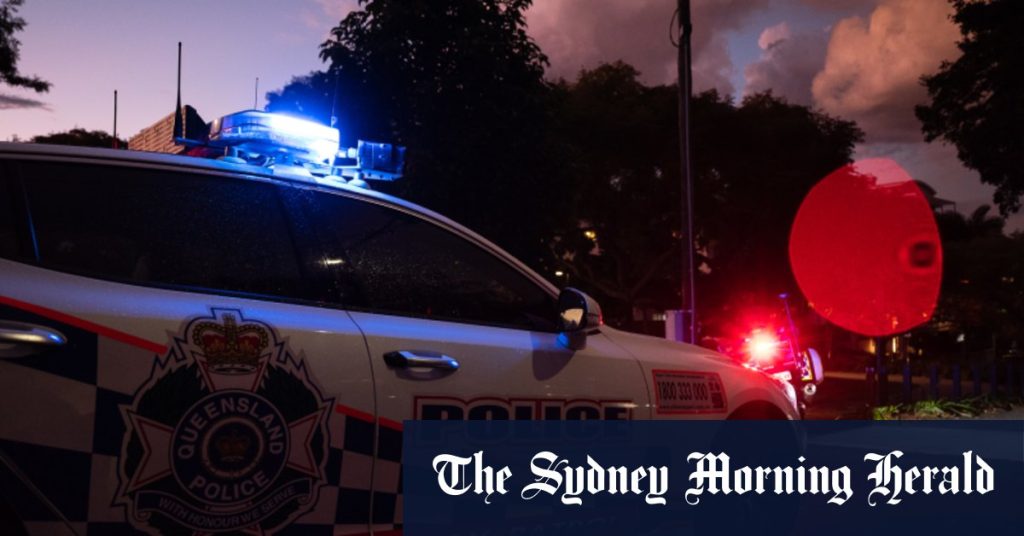The Queensland Police Service, particularly in high-demand districts like Logan and the Gold Coast, is facing a critical resourcing crisis, pushing officers to their breaking point. This strain is characterized by overwhelming workloads, plummeting morale, and a significant backlog of unanswered calls for service, with figures often exceeding 100 unresourced cases in the Logan district alone. While police leadership insists critical incidents are addressed promptly, frontline officers report a starkly different reality, burdened by excessive paperwork and a cumbersome domestic violence investigation process that further depletes their capacity to respond effectively to community needs. This disconnect between the official narrative and the lived experience of officers underscores the urgency of the situation.
The acknowledged pressure on resources translates to a persistent inability to meet the demands placed on the service. This not only affects response times for non-critical incidents but also contributes to officer burnout and declining morale. Constantly facing a backlog of unanswered calls, officers feel a sense of helplessness and frustration, knowing they are unable to provide the level of service the community expects and deserves. This chronic understaffing contributes to a vicious cycle where overworked officers are more likely to leave the force, exacerbating the existing shortage and placing further strain on those who remain. The long-term consequences of this systemic issue could include compromised public safety and a decline in trust between the police and the community they serve.
While the Queensland Police Service acknowledges the “demand pressures” in the Logan district, their official response emphasizes a “borderless policing approach” and the use of technology to maximize officer efficiency. This strategy involves dispatching officers based on need regardless of their assigned station and utilizing technology to streamline operations. However, frontline officers argue that this approach has not alleviated the core issue of understaffing. Instead, they report spending a disproportionate amount of their shifts on administrative tasks, including paperwork related to the complex and time-consuming domestic violence investigations. This suggests a gap between the intended outcome of the borderless policing strategy and its practical application in the field.
The disparity between the police service’s official narrative and the experiences of frontline officers highlights a critical communication and accountability issue. While the QPS emphasizes agility and technology, officers on the ground contend that these initiatives are insufficient to address the fundamental problem of inadequate staffing. They argue that the focus on a mobile and technology-driven approach does not compensate for the sheer volume of calls for service and the time-consuming nature of many investigations, particularly those related to domestic violence. This disconnect illustrates the need for a more transparent and data-driven assessment of the effectiveness of current policing strategies.
The situation in Logan and other stressed districts calls for a multi-pronged approach that goes beyond simply acknowledging the existence of “demand pressures.” A comprehensive solution must include a significant investment in recruiting and training new officers to address the chronic understaffing. Furthermore, streamlining administrative processes and providing officers with adequate support staff could free up valuable time for frontline duties. Finally, a thorough review of the domestic violence investigation process is crucial to identify potential inefficiencies and ensure that officers have the resources and training they need to handle these complex cases effectively.
Ultimately, addressing the crisis within the Queensland Police Service requires a commitment to both increasing resources and improving the working conditions of officers. This includes not only hiring more personnel but also implementing strategies to reduce burnout, improve morale, and foster a supportive work environment. By addressing both the quantitative and qualitative aspects of the problem, the Queensland Police Service can better equip its officers to meet the demands of their jobs and ensure the safety and security of the communities they serve. Ignoring the concerns of frontline officers and relying on superficial solutions will only perpetuate the cycle of understaffing, burnout, and declining service quality, ultimately jeopardizing public trust and safety.










